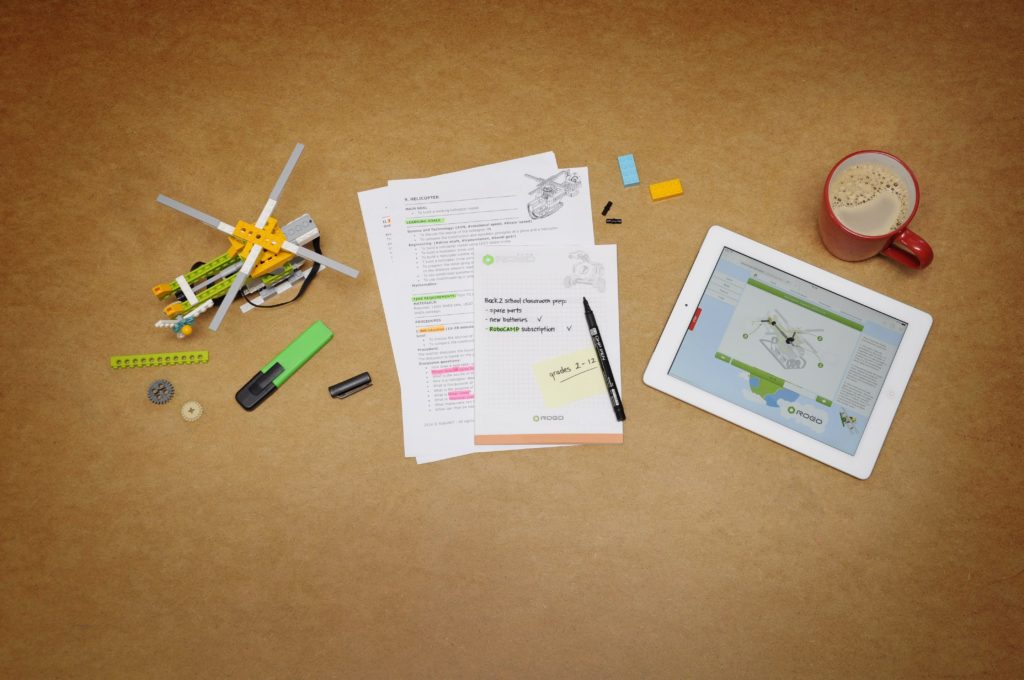I’ve been an online educator since early 2009. Before that time, I was exclusively a classroom teacher, happy in my job and comfortable with technology, when I was assigned one online section by a supportive boss. I said I didn’t really know how to teach online, but he waved off my concerns and told me he had every confidence that I’d figure it out. So I got to work trying to figure it out.
I eventually did figure it out, but first, I made a lot of mistakes. Thankfully, in those relatively early days of online education, students didn’t have much in the way of expectations for online classes, and I was able to stay in close enough contact with them to make sure they all met the learning objectives and did high-quality work. Eventually, I figured out how to teach an online class that felt like a success to me and to my students, but that process took a while. It literally took years.
Right now, with schools moving to online classes as a result of COVID-19, experienced classroom teachers — longtime professional educators who are great at what they do — are suddenly being told to do something they’ve never done and something they may have never wanted to do: teach online.
Earlier this week on Facebook, I offered help to my educator friends who now found themselves in this situation. Whether they needed to talk about how to structure their course in an online environment, learn how to turn their lectures into videos, or just hear a few encouraging words, I assured them I was here for them. It’s an unprecedented situation, I reminded myself, and I felt obligated to help in any way I could so learning could carry on.
A few took me up on my offer, but quickly, I started seeing how stressed some of my educator friends were as a result of this.
Their stress turned to exasperation.
And then, as it inevitably does, their exasperation turned to anger.
I still feel I have an obligation to help fellow educators make this transition successful and help them make the best of these days — that hasn’t changed. However, because I believe we can light candles WHILE cursing the darkness, I also have to add this: I think what school districts, colleges, and universities are now asking of their faculty contradicts and undermines the whole idea of having highly trained teachers. It also demonstrates a lack of preparedness.
Teachers, professors, and instructors are trained professionals, and their employers are expecting them to develop a new skill set with little support.
And, they’re expected to put that skill set into high-stakes practice after just an hour or two of emergency training. Or, in some cases, after just a pep talk, after an email full of “helpful tips,” or worst of all, after a brief emergency text simply instructing them to do so.
I understand that extraordinary times call for extraordinary measures, but I don’t think this should be the model for How We Do Things Going Forward. YES, teaching online is similar to classroom teaching, but they’re not exactly the same. The skills that each task requires need to be taught and practiced prior to actual use. When they’re not taught and practiced, a lot of mistakes are made. You can, I suppose, rebrand those mistakes as learning opportunities, but in the end, the students take the brunt of it while it’s happening, and teachers become frustrated. If teaching online is an emergency option if we should find ourselves in a similar predicament in the future (and it should be), then districts, colleges, and universities need to prepare their faculty better.
Teachers, professors, and instructors are taking one for the team, and it was avoidable.
For the sake of their profession, they now have to teach online and do it as well as they possibly can. And they’ll do it, of course, because as a group, we educators are pretty good at operating in survival mode. We know that the semester ends eventually, and we know we can keep our heads just above water until it does.
Still, these next few weeks will be difficult for everyone involved in education, as we are about to begin an unprecedented test of the effectiveness of online teaching — a field about which there’s already a lot of skepticism. I’m trying to look at what’s happening as an opportunity to show people that it can be done well, and I think those of us who are comfortable teaching online have a responsibility to pitch in where we can.
Not much related to my work will really change as a result of COVID-19, but a LOT of teachers are not as lucky. We should be kind to teachers in these uncertain times, absolutely. But we should also stand by them when they say that they need tools and support to be able to do this in the future. For the sake of our teachers and our kids.

